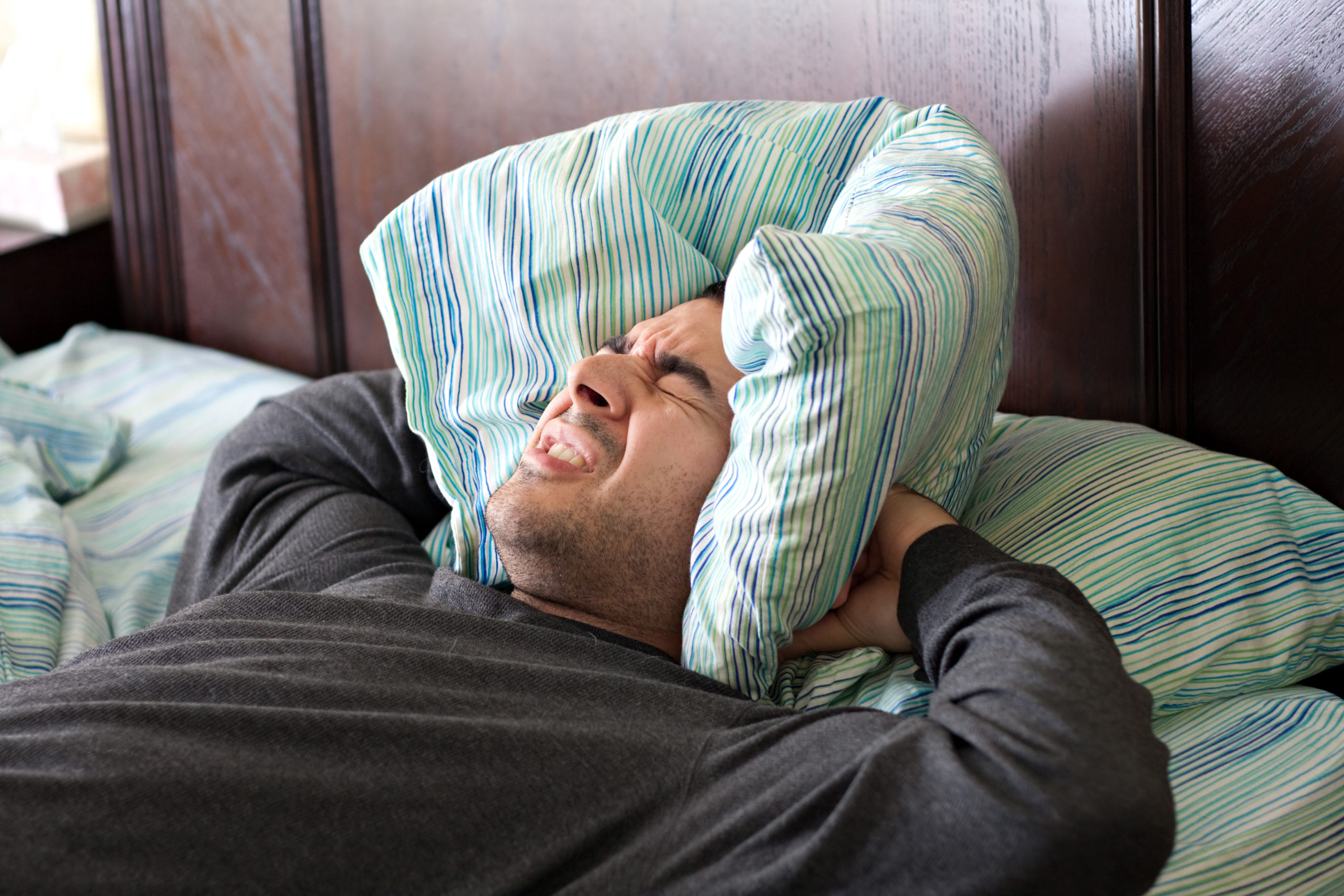
You go to bed at 10:00 PM; it takes forever to fall asleep. You wake up and it’s only 12:30 AM. This syndrome goes on all night until suddenly it is 6:30 AM the alarm is blaring and it’s time to go to work …ugh! You look in the mirror, it seems you are growing older week to week.
Why can’t I sleep? What’s causing the decrease in my quality of life?
You are not alone. Over 70 million Americans suffer from poor sleep quality, insomnia. It has become a national health crisis. We need 6-9 hours of quality sleep each night.
Sleep quality is defined by:
1. Ability to fall asleep
2. Ability to stay asleep
3. Ability to enter into various rejuvenating sleep cycles for the full duration
Oral health and sleep quality present a two-way street, they are interconnected. Poor sleep will affect our systemic health as well as all the structures in our mouth. Conversely, poor oral hygiene will affect our ability to obtain quality sleep
The Impact of Bad Oral Health
Bad Oral Health will lead to:
- Pain – minor aches can cause “microarousals” that can jolt you out of your sleep, leading to fatigue during the day.
- Caries (cavities) cause tooth sensitivity and if untreated can lead to abscess formation and severe pain and infection.
- Periodontal Disease – a primary cause of sleep dysfunction. This disease leads to inflammation, infection, and if untreated tooth loss.
- Inflammation – stresses the cardiovascular system. The heart beats faster to clean out the affected, inflamed blood vessels. This in turn leads to more adrenalin being produced by our adrenal glands. Adrenalin places us in a state of arousal (fight or flight), thus preventing proper quality sleep.
- Alters blood sugar regulation – (especially seen in diabetics). Increased inflammation leads to increase stress on the body which leads to an increased metabolic rate. As our metabolism accelerates, sugar levels drop quickly. This drop-in proper sugar level deprives us of proper sleep
- Stress is linked to poor oral hygiene. 53% of patients with gum disease suffer from low self-esteem, anxiety, and depression. These emotional problems lead directly to insomnia.
- Brushing and flossing can be relaxing; it can decrease stress and improve self-esteem and sleep quality. Again good oral hygiene and sleep quality is a two-way street.
- Toothache, inflammation, and pain-our the worst enemy in obtaining good sleep this malady can lead to loss of teeth, shifting of teeth, malocclusions that lead to:
-
- Tooth grinding (bruxism) especially at night when we are trying to fall asleep
- Obstructive sleep apnea-a very dangerous disease that can lead to stroke or heart attacks
How to Improve Sleep Quality with Dental Treatment
Upon Initial Exam
- Poor sleep can manifest with behavioral problems, i.e.irritability, impatience, yawning, falling asleep at the dental appointment, slow body movements, and lack of interest and focus
- Taking proper patient history inclusive of orthodontics, missing teeth, grinding, clenching, open mouth breathing, increased caries; all of which can affect proper sleep quality
Extraoral Exam – Head and Neck
- Checking for abnormalities in shape, size, color, muscle tone, and bony structure development
- Facial Features:
-
- Flaccid skin tone
- Recessed chin
- Short upper lip
- Open lip posture
- Open bite
- Chronic dry lips
- Excessive wet lips
- Dried food at commissures of mouth
- Long and narrow face
- Dark circles under eyes
Intraoral Exam
Poor tongue placement can be traced back to infancy; leads to the inability of the baby to nasal, breath, suck and swallow. This problem directly affects the formation of oral structures and their ability to function properly.
Poor sleep can affect the following:
- Ankyloglossia (tongue-tied)
- Enlarged tonsils
- Malocclusion
- High narrow palate
Poor plaque control from:
- Poor brushing, not flossing, and diets high in sugar
- Xerostomia
- Macroglossia (large tongue) tongue tissue will fill spaces caused by missing teeth can lead to snoring and Obstructive sleep Apnea
- Loss of vertical dimension-from grinding one’s teeth (bruxism) to the loss of teeth the distance between a point on the nose and a point on the chin will be decreased. This loss of space can lead to temporomandibular problems, open mouth breathing, and obstructive sleep apnea; all of which greatly impede proper sleep
Contact 172 NYC Dental Today
Quality sleep deprivation has reached a crisis point in the United States. There are several factors that affect one’s sleep. Proper oral care including corrections of pathology and the prevention of disease is an essential part of achieving the 6-9 hours of quality sleep that we all crave. At 172 NYC Dental, we have doctors that bond with their patients. They look at the whole person. They listen to their concerns. We have specialists in restorative, cosmetic dentistry, Invisalign braces, and obstructive sleep apnea. If you have trouble sleeping, book an appointment with us at 646-921-5541 and allow us to place a beautiful and restful smile on your face.








